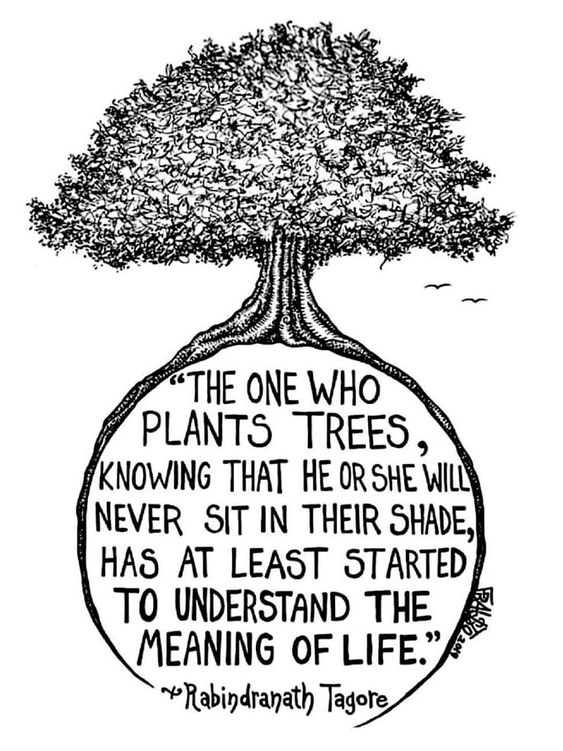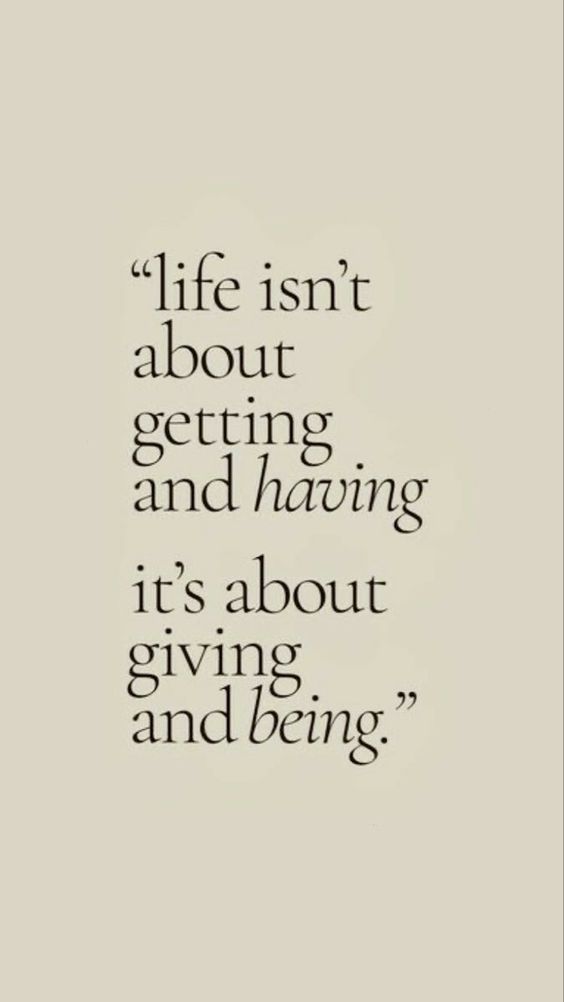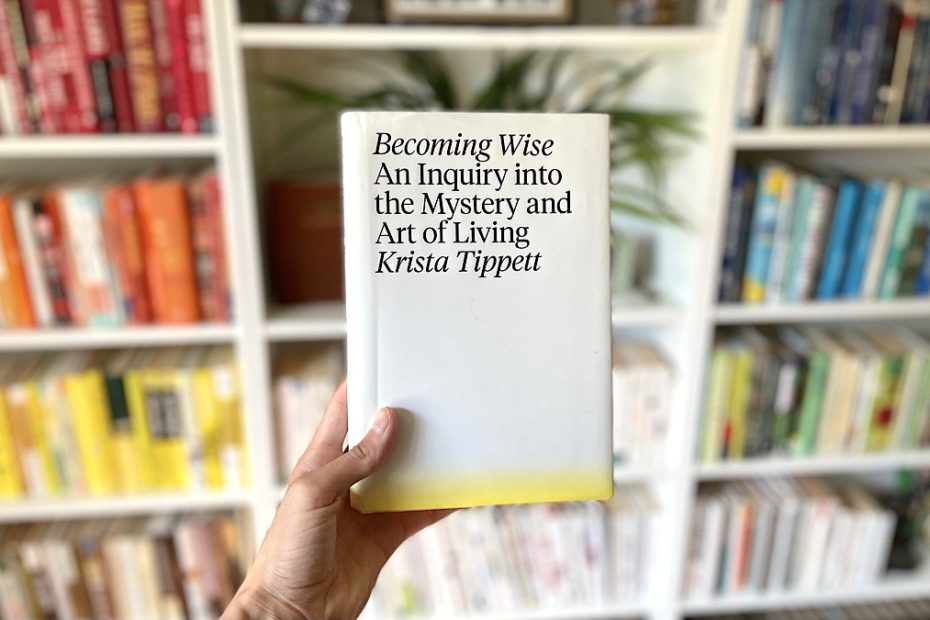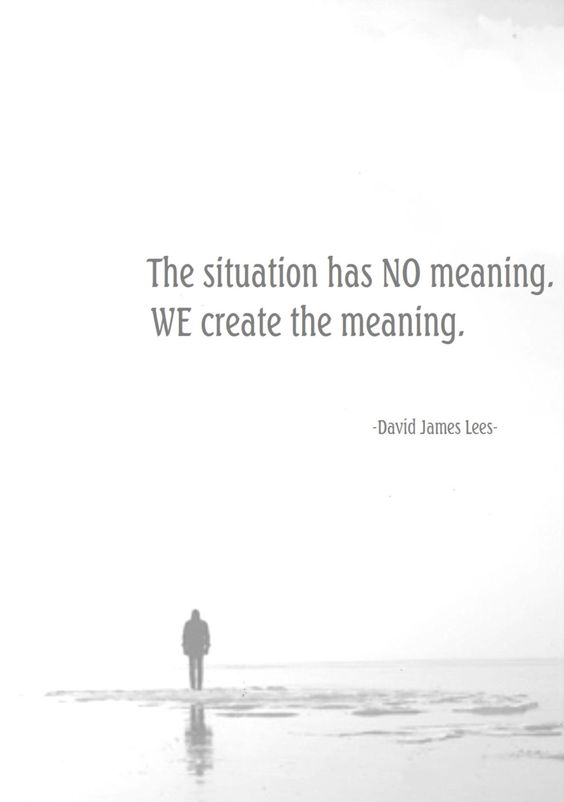“You are here not merely to gratify your impulses and consume what others have made but to make and contribute as well, to serve a higher purpose. To serve this higher purpose, you must cultivate what is unique about you. Stop listening so much to the words and opinions of others, telling you who you are and what you should like and dislike. Judge things and people for yourself.”
Robert Greene, The Daily Laws (Page 31)
Quotes about Meaning of Life
“There are a limitless number of different sciences, but without one basic science, that is, what is the meaning of life and what is good for the people, all other forms of knowledge and art become idle and harmful entertainment.”
Leo Tolstoy, A Calendar of Wisdom (Page 30)
“A scholar knows many books; a well-educated person has knowledge and skills; an enlightened person understands the meaning and purpose of his life.”
Leo Tolstoy, A Calendar of Wisdom (Page 30)
The Daily Stoic [Book]
![The Daily Stoic by Ryan Holiday [Book]](https://movemequotes.com/wp-content/uploads/2022/01/daily-stoic.jpeg)
Book Overview: Why have history’s greatest minds—from George Washington to Frederick the Great to Ralph Waldo Emerson, along with today’s top performers from Super Bowl-winning football coaches to CEOs and celebrities—embraced the wisdom of the ancient Stoics? Because they realize that the most valuable wisdom is timeless and that philosophy is for living a better life, not a classroom exercise.
The Daily Stoic offers 366 days of Stoic insights and exercises, featuring all-new translations from the Emperor Marcus Aurelius, the playwright Seneca, or slave-turned-philosopher Epictetus, as well as lesser-known luminaries like Zeno, Cleanthes, and Musonius Rufus. Every day of the year you’ll find one of their pithy, powerful quotations, as well as historical anecdotes, provocative commentary, and a helpful glossary of Greek terms.
By following these teachings over the course of a year (and, indeed, for years to come) you’ll find the serenity, self-knowledge, and resilience you need to live well.
Post(s) Inspired by this Book:
26 Seneca Quotes from The Daily Stoic on Vices, Virtues, and Fulfillment
“In the evening of our lives we shall be examined in love.”
St. John of the Cross, via Sunbeams (Page 154)
“Meaning is not found in the material realm—dinner, jazz, cocktails, conversation or whatever. Meaning is what’s left when everything else is stripped away.”
Howard, via Between Two Kingdoms (Page 126)
“This is the true joy in life, the being used up for a purpose recognized by yourself as a mighty one; being a force of nature instead of a feverish, selfish little clod of ailments and grievances, complaining that the world will not devote itself to making you happy. I am of the opinion that my life belongs to the community, and as long as I live, it is my privilege to do for it whatever I can. I want to be thoroughly used up when I die, for the harder I work, the more I live. Life is no ‘brief candle’ for me. It is a sort of splendid torch which I have got hold of for a moment, and I want to make it burn as brightly as possible before handing it on to future generations.”
George Bernard Shaw, via Sunbeams (Page 140)
“Trust me, real joy is a serious thing. Do you think someone can, in the charming expression, blithely dismiss death with an easy disposition? Or swing open the door to poverty, keep pleasures in check, or meditate on the endurance of suffering? The one who is comfortable with turning these thoughts over is truly full of joy, but hardly cheerful. It’s exactly such a joy that I would wish for you to possess, for it will never run dry once you’ve laid claim to its source.”
Seneca, Moral Letters, via The Daily Stoic (Page 227)
32 Krista Tippett Quotes from Becoming Wise For A Deeper, More Nourishing Life
Excerpt: Filled to the brim with insight, these quotes from Becoming Wise explore the mystery and art of living for a more distilled, clear life.
Read More »32 Krista Tippett Quotes from Becoming Wise For A Deeper, More Nourishing Life
“People say that what we’re all seeking is a meaning for life. I don’t think that’s what we’re really seeking. I think that what we’re seeking is an experience of being alive, so that our life experiences on the purely physical plane will have resonances with our own innermost being and reality, so that we actually feel the rapture of being alive.”
Joseph Campbell, The Hero’s Journey
“Life has no meaning. Each of us has meaning and we bring it to life. It is a waste to be asking the question when you are the answer.”
Joseph Campbell, The Hero’s Journey
“What keeps our faith cheerful is the extreme persistence of gentleness and humor. Gentleness is everywhere in daily life, a sign that faith rules through ordinary things: through cooking and small talk, through storytelling, making love, fishing, tending animals and sweet corn and flowers, through sports, music, and books, raising kids—all the places where the gravy soaks in and grace shines through. Even in a time of elephantine vanity and greed, one never has to look far to see the campfires of gentle people. Lacking any other purpose in life, it would be good enough to live for their sake.”
Garrison Keillor, via Sunbeams (Page 107)
“There is not one big cosmic meaning for all, there is only the meaning we each give to our life… To seek a total unity is wrong. To give as much meaning to one’s life as possible is right to me.”
Anaïs Nin, via Sunbeams (Page 95)
“What is life? It is the flash of a firefly in the night. It is the breath of a buffalo in the wintertime. It is the little shadow which runs across the grass and loses itself in the sunset.”
Crowfoot, via Sunbeams (Page 93)
“Simply to have all the necessities of life and three meals a day will not bring happiness. Happiness is hidden in the unnecessary and in those impractical things that bring delight to the inner person… When we lack proper time for the simple pleasures of life, for the enjoyment of eating, drinking, playing, creating, visiting friends, and watching children at play, then we have missed the purpose of life. Not on bread alone do we live but on all these human and heart-hungry luxuries.”
Ed Hays, Pray Always, via Sunbeams (Page 90)
“The fish trap exists because of the fish. Once you’ve gotten the fish you can forget the trap. The rabbit snare exists because of the rabbit. Once you’ve gotten the rabbit, you can forget the snare. Words exist because of meaning. Once you’ve gotten the meaning, you can forget the words. Where can I find a man who has forgotten words so I can talk with him?”
Chuang Tzu, via Sunbeams (Page 87)




